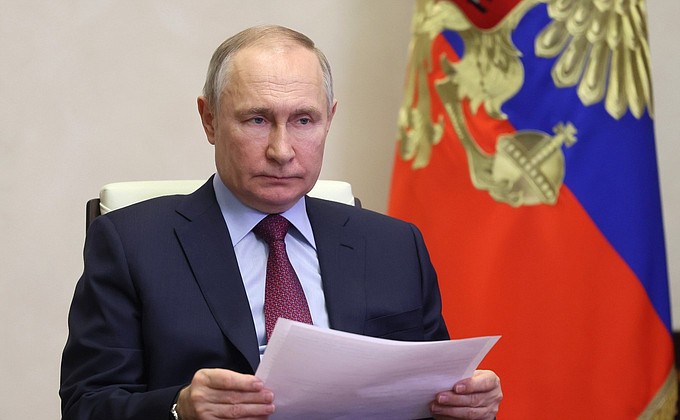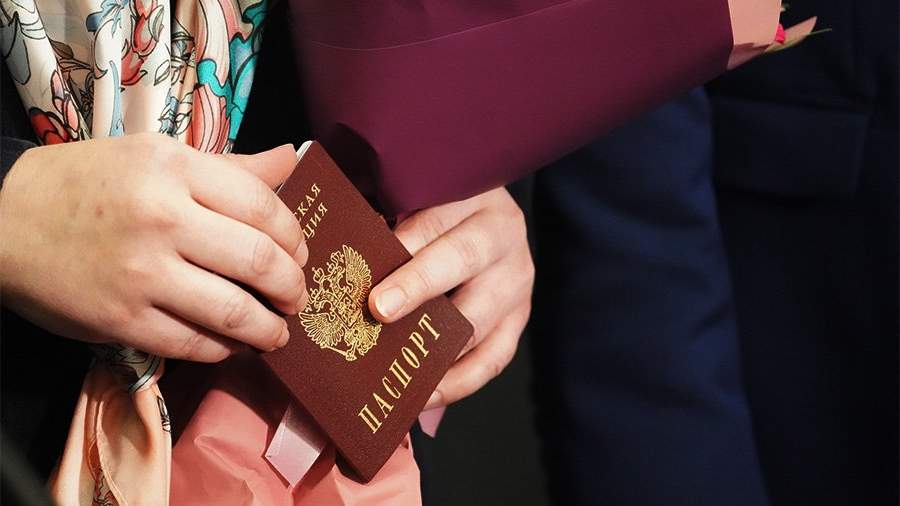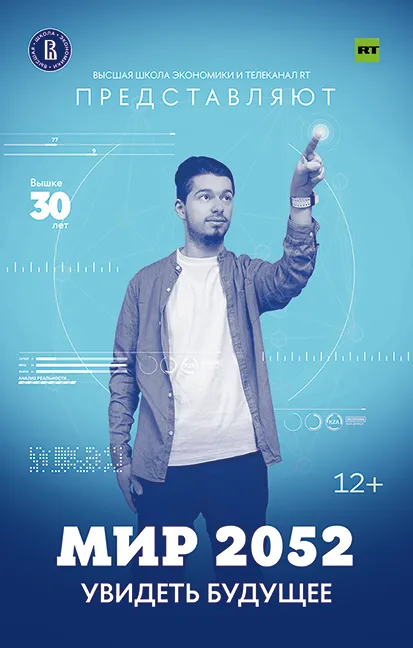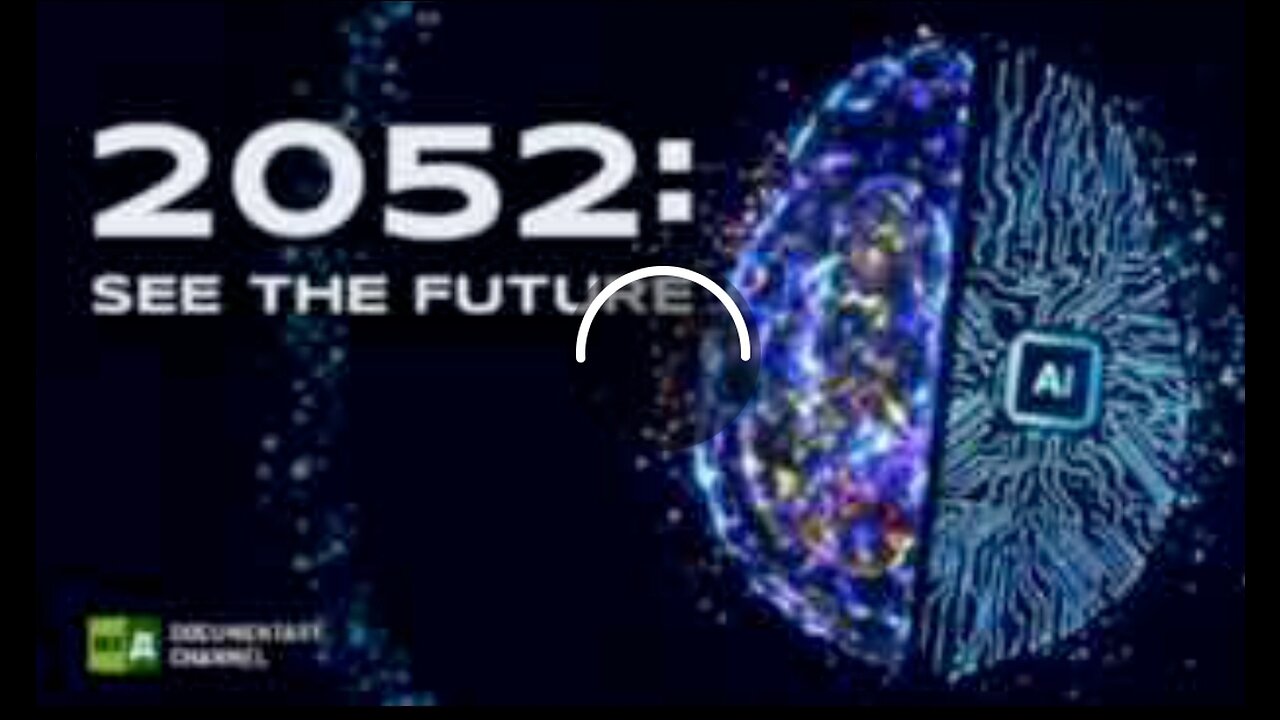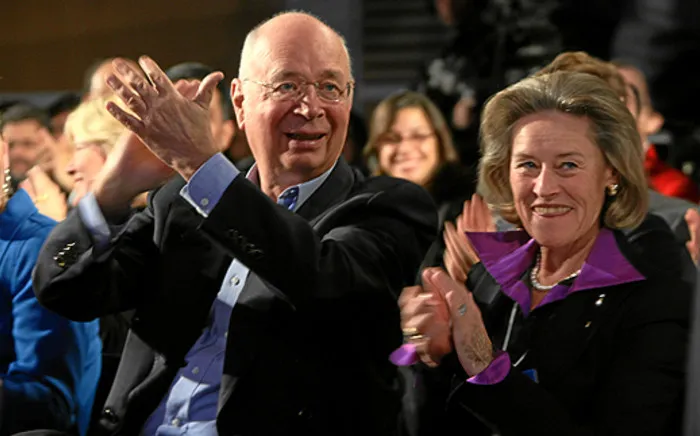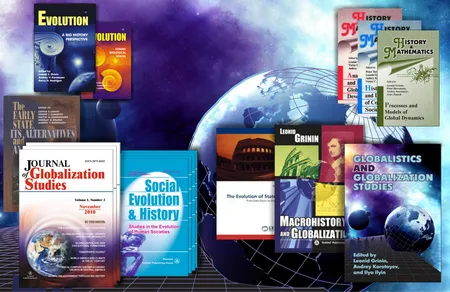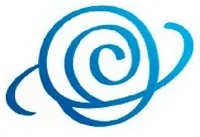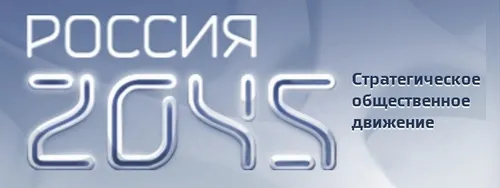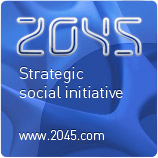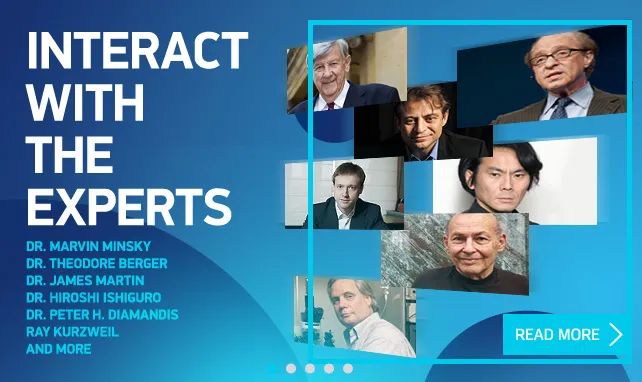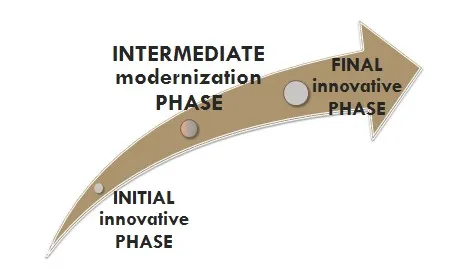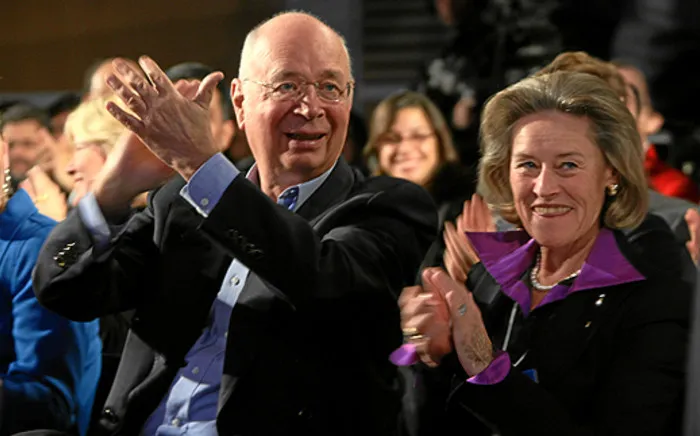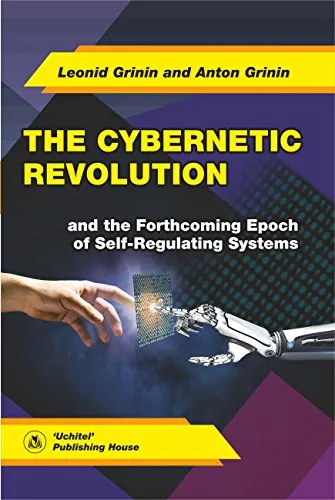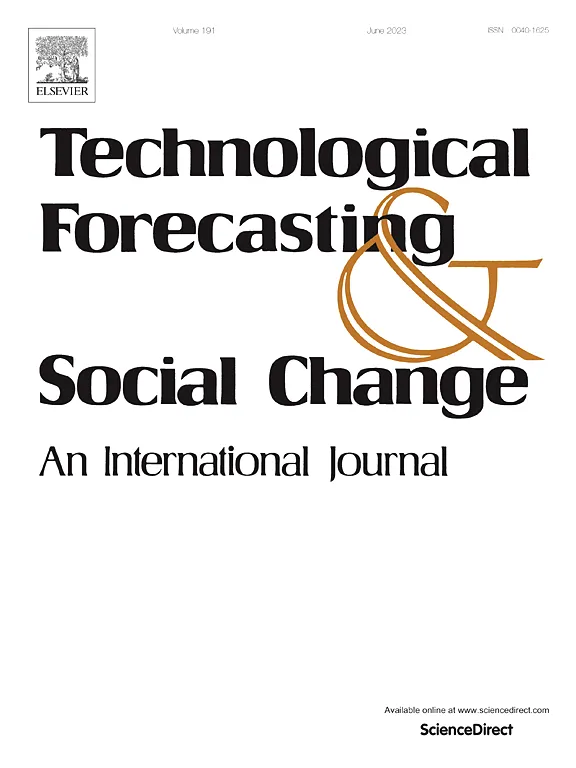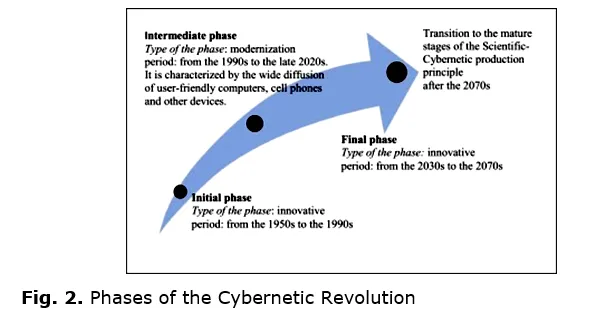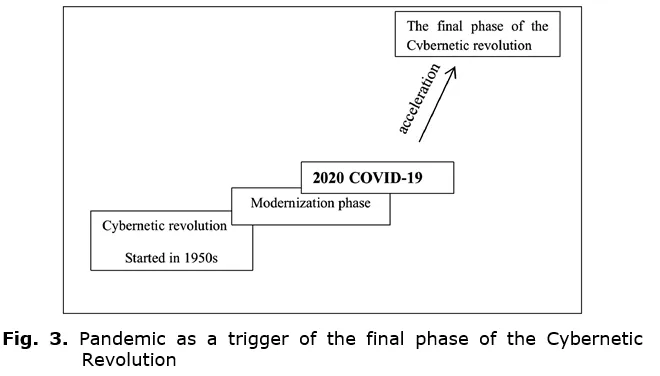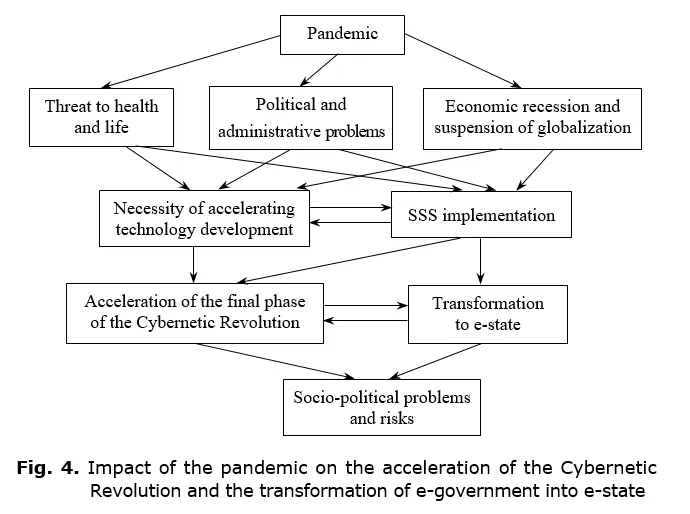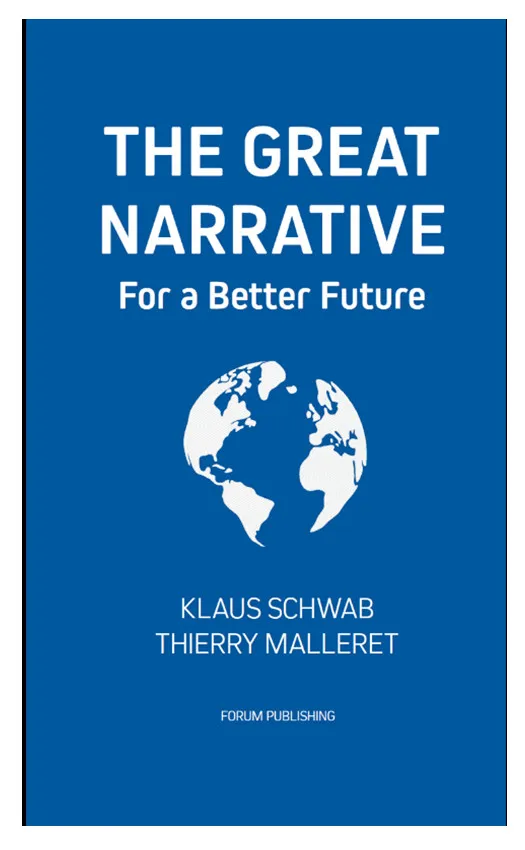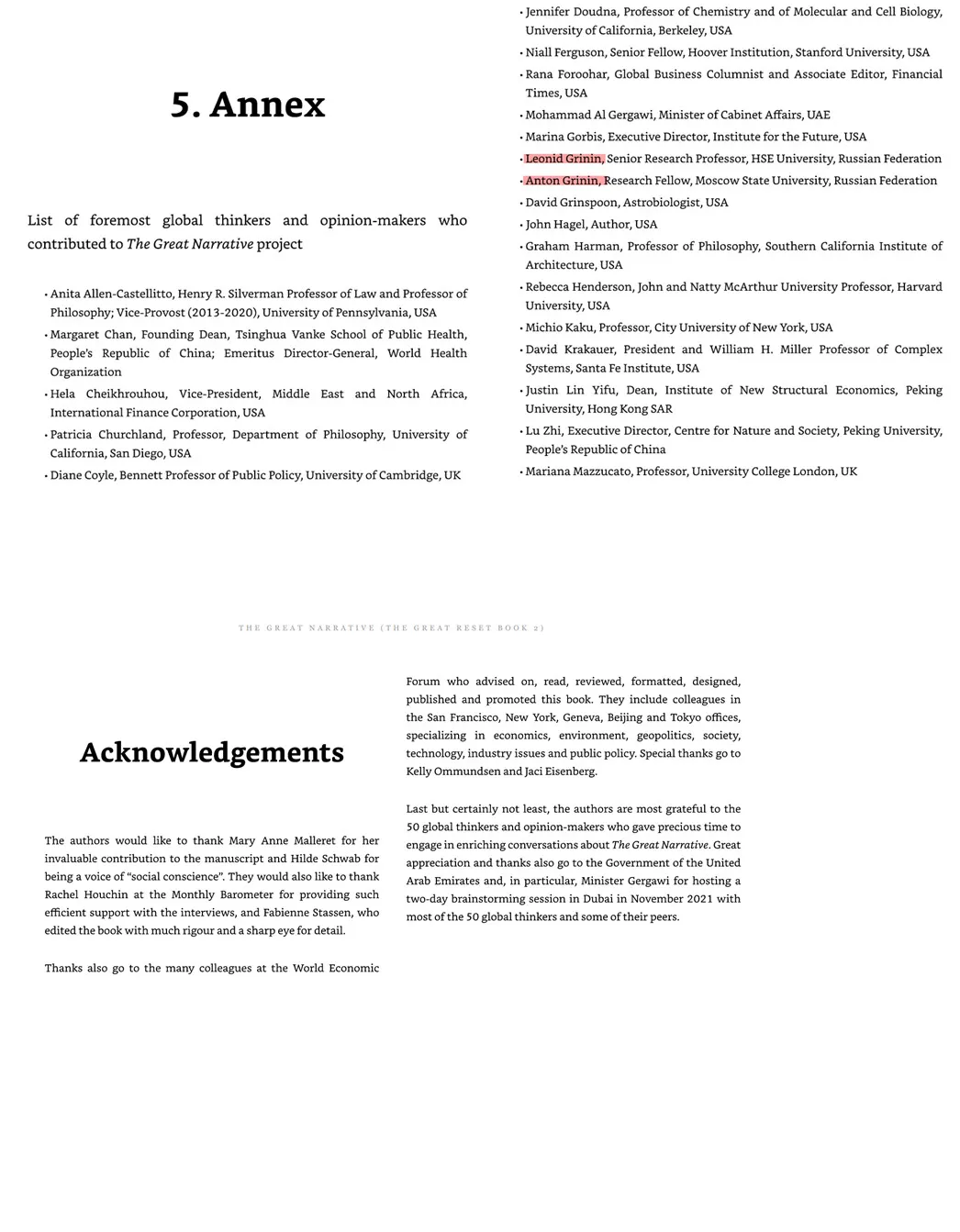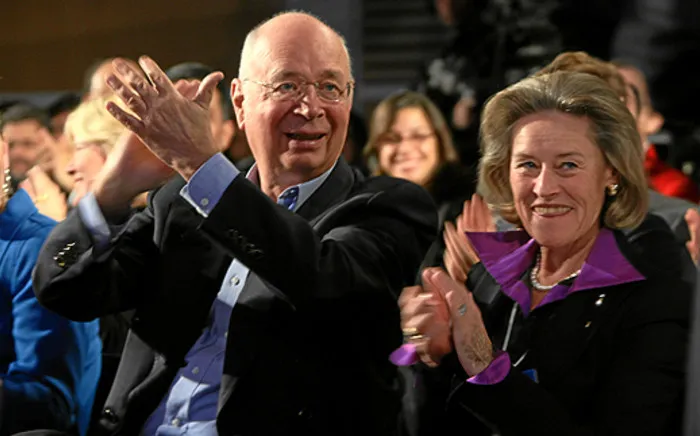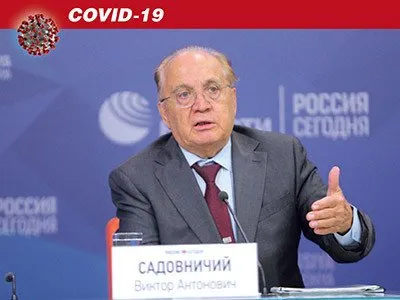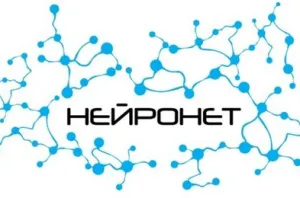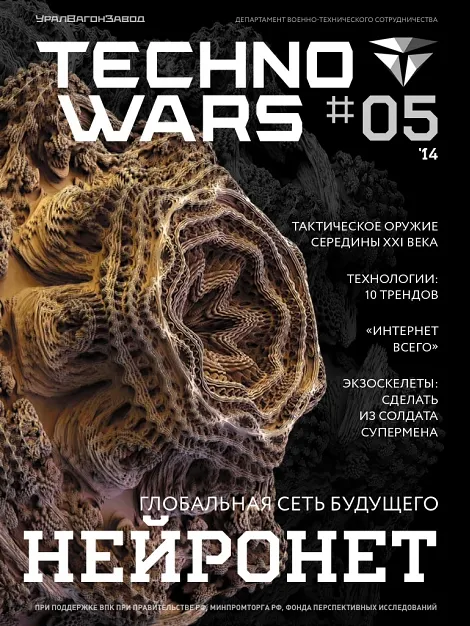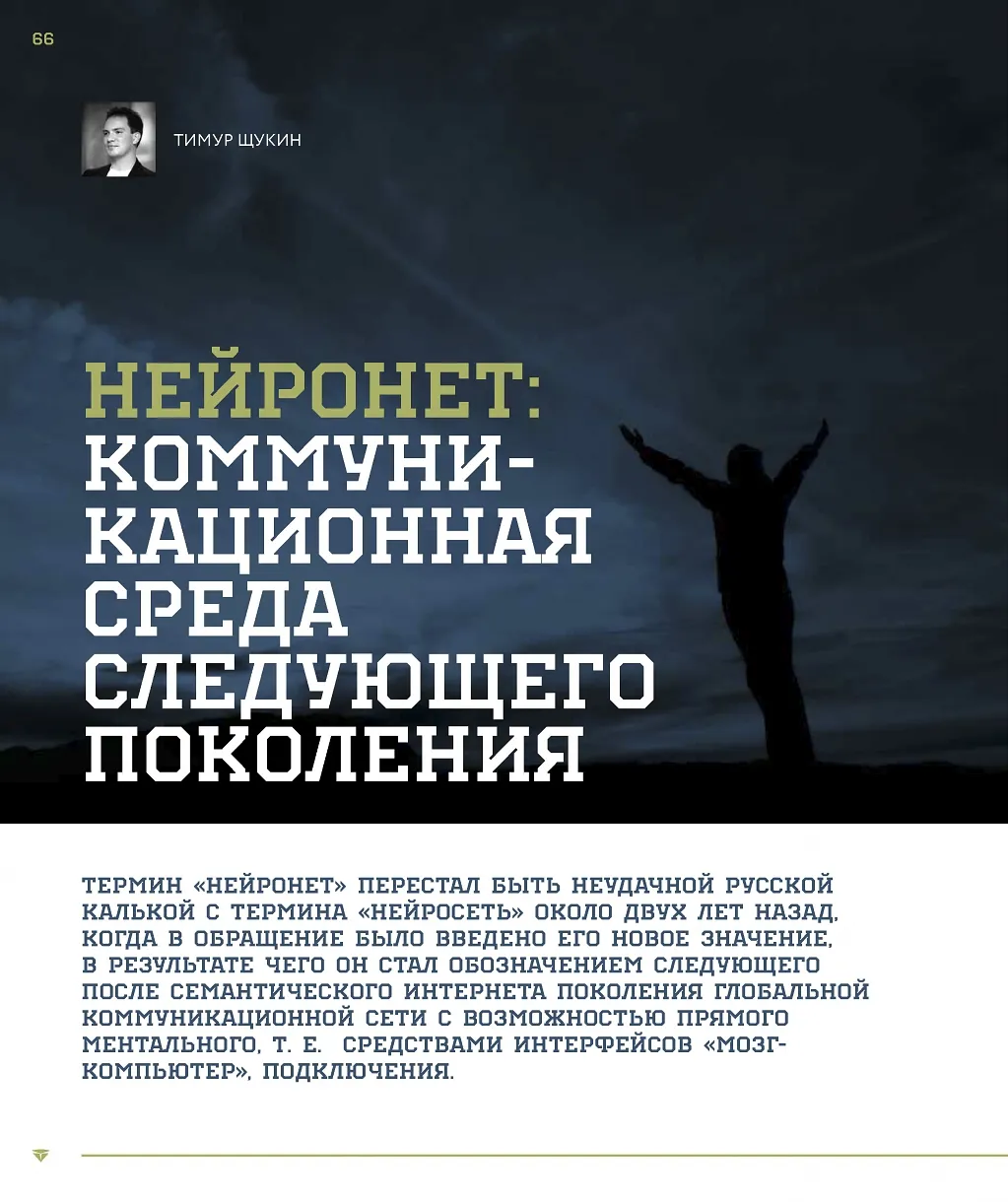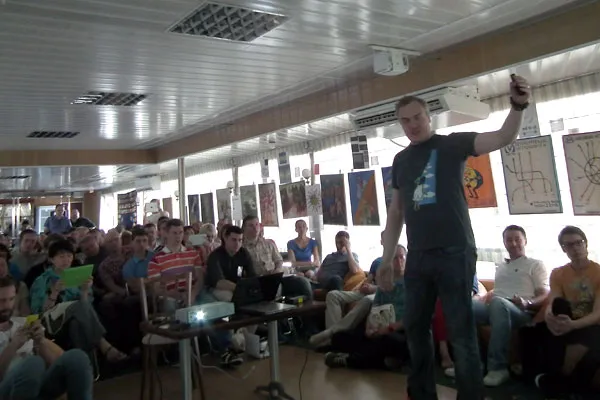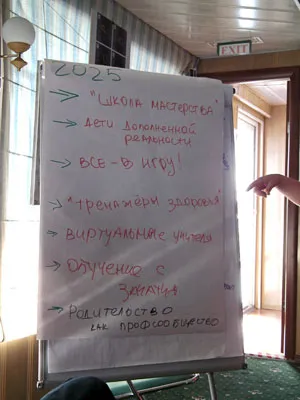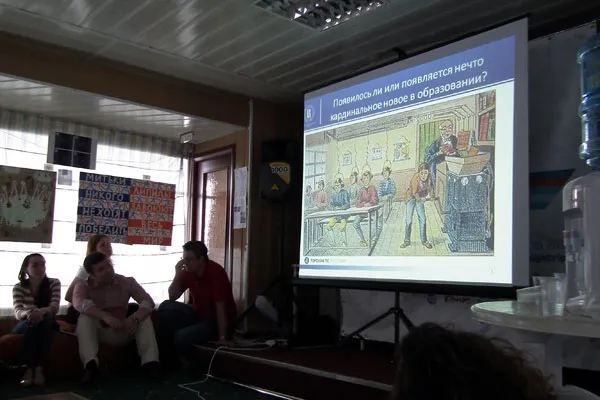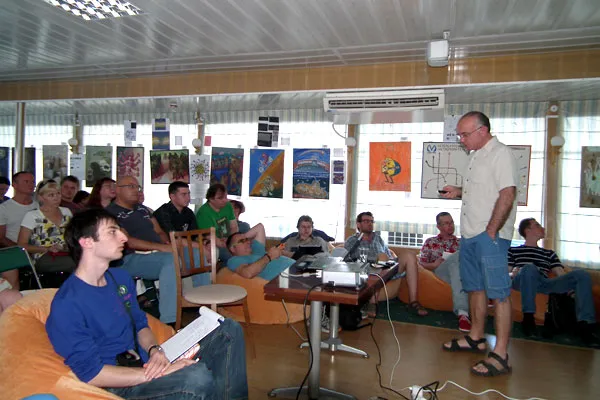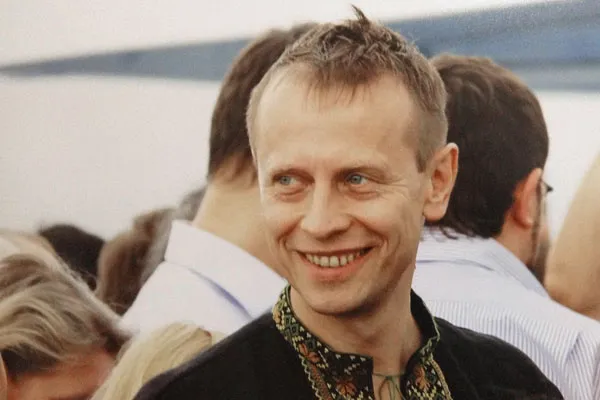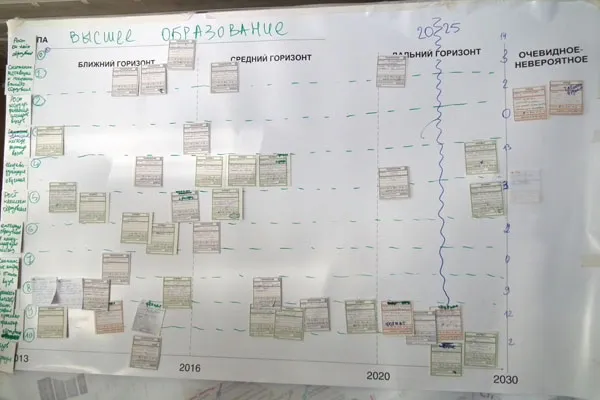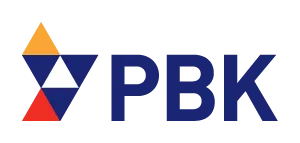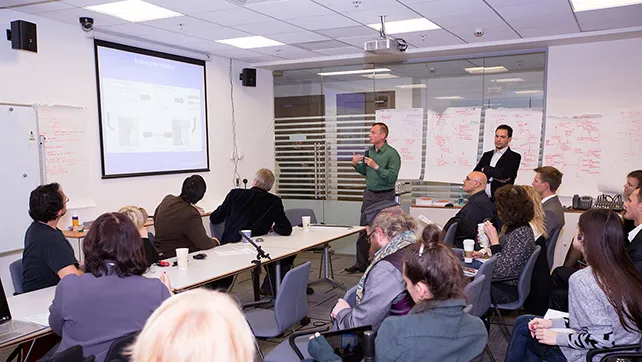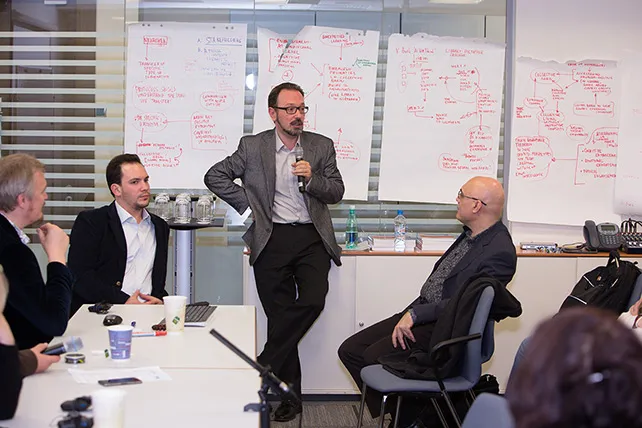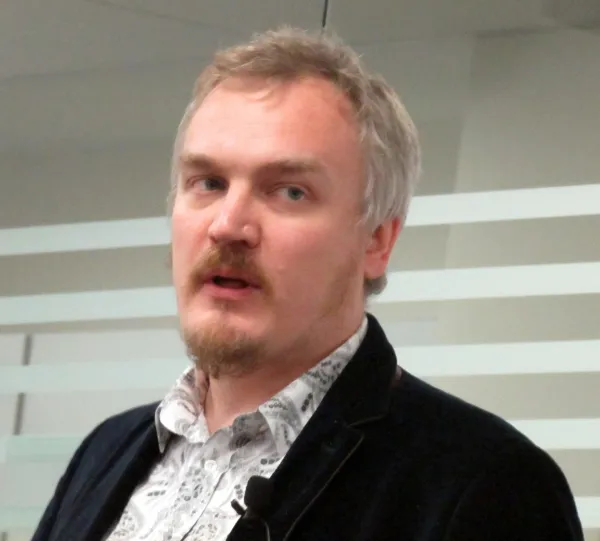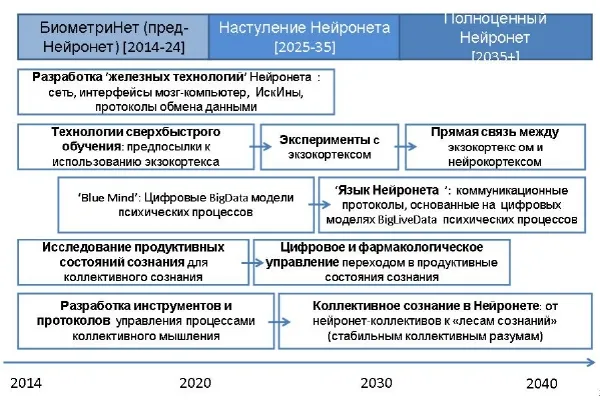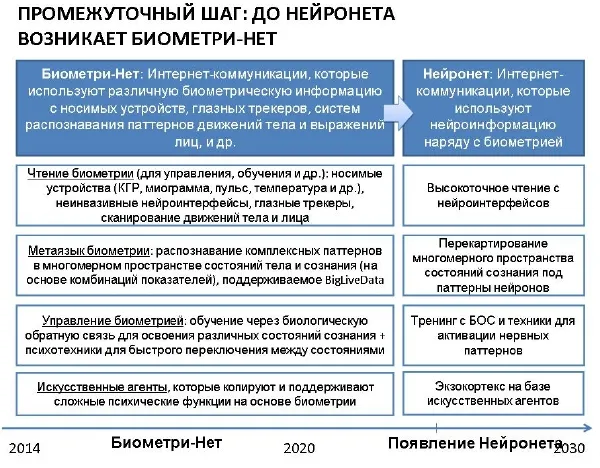Lalas
Star
- Joined
- Nov 8, 2022
- Messages
- 2,129
The 13th Russian Internet Governance Forum
April 6–7 2023
SUPPORTED BY

Ministry of Digital Development, Communications and Mass Media of the Russian Federation
ORGANIZERS

Russian domains .RU and domain space expertise
and

 SUSTAINABLE FUTURE OF GLOBAL IT-COOPERATION
SUSTAINABLE FUTURE OF GLOBAL IT-COOPERATION
ANO «Center for Global IT-Cooperation» (Center) was created in 2020 for the international expert study of global cooperation between Russia and the international community in the field of information technology (IT), as well as the promotion of new approaches to multilateral Internet governance.
The center works with a pool of Russian and international experts to develop new approaches in the field of global IT-cooperation, conduct research and implement projects in the field of digital literacy, popularize scientific and technological cooperation, develop the international legal framework for the international Internet governance, as well as through the received contacts and with the assistance of all interested experts in Russia and abroad to conduct a number of scientific and expert round tables, conferences and webinars.
 ABOUT US
ABOUT US
CONNECTING ALL STAKEHOLDERS
FOR A SUSTAINABLE FUTURE OF THE GLOBAL DIGITAL COOPERATION
________
back to rigf.ru:
ABOUT FORUM
Russian Internet Governance Forum to be held on April 6–7 online
Speakers and participants of RIGF 2023 will discuss the development of the Global Digital Compact proposed by UN Secretary-General António Guterres, regulation of the Internet and its ecosystems, the role of digital platforms in ensuring the right to access information, as well as censorship by these platforms, new technologies in EdTech and other topical issues.
And, of course, at RIGF 2023 there will be a solemn presentation of the Virtuti Interneti award and a lecture by the laureate of the Internet Order. Who will be the winner this time will be known only on April 7.
When forming the RIGF 2023 program, the opinions of everyone who took part in the collection of topics for the upcoming forum in January 2023 will be taken into account.
AGENDA
April 6

HISTORY
IGF Worldwide Background
The problem of Internet governance was at Tunis Agenda for the Information Society at World Summit on the Information Society held in Geneva in 2003 and in Tunis in 2005, resulting in Information Society program approved in Tunis that year. The program oversees all key issues of Internet governance, including the definition of Internet governance itself, and contains a decision to start a series of Internet Governance Forums worldwide. The first IGF meeting held in Athens in 2006 provided a new ground for discussing the issues of Internet governance globally. IGF is a forum for multi-stakeholder policy dialogue, its establishment approved by the UN Secretary-General. In 2010 the mandate of the Internet Governance Forum was extended for a further five years, until 2015.
Paragraph 72 of the Tunis Agenda:
...72. We ask the UN Secretary-General, in an open and inclusive process, to convene, by the second quarter of 2006, a meeting of the new forum for multi-stakeholder policy dialogue—called the Internet Governance Forum (IGF). The mandate of the Forum is to:
Today, IGF worldwide has become a new way of addressing the problems of Internet governance as a multi- stakeholder institution created by an UN General Secretary resolution. The regional and national IGF forums held in different countries deal with technical, administrative and legal issues of governing the Internet in various countries and regions."
April 6–7 2023
SUPPORTED BY

Ministry of Digital Development, Communications and Mass Media of the Russian Federation
ORGANIZERS

Russian domains .RU and domain space expertise
and


Main
cgitc.ru
ANO «Center for Global IT-Cooperation» (Center) was created in 2020 for the international expert study of global cooperation between Russia and the international community in the field of information technology (IT), as well as the promotion of new approaches to multilateral Internet governance.
The center works with a pool of Russian and international experts to develop new approaches in the field of global IT-cooperation, conduct research and implement projects in the field of digital literacy, popularize scientific and technological cooperation, develop the international legal framework for the international Internet governance, as well as through the received contacts and with the assistance of all interested experts in Russia and abroad to conduct a number of scientific and expert round tables, conferences and webinars.

About us
cgitc.ru
CONNECTING ALL STAKEHOLDERS
FOR A SUSTAINABLE FUTURE OF THE GLOBAL DIGITAL COOPERATION
________
back to rigf.ru:
ABOUT FORUM
Russian Internet Governance Forum to be held on April 6–7 online
Speakers and participants of RIGF 2023 will discuss the development of the Global Digital Compact proposed by UN Secretary-General António Guterres, regulation of the Internet and its ecosystems, the role of digital platforms in ensuring the right to access information, as well as censorship by these platforms, new technologies in EdTech and other topical issues.
And, of course, at RIGF 2023 there will be a solemn presentation of the Virtuti Interneti award and a lecture by the laureate of the Internet Order. Who will be the winner this time will be known only on April 7.
When forming the RIGF 2023 program, the opinions of everyone who took part in the collection of topics for the upcoming forum in January 2023 will be taken into account.
AGENDA
April 6
Session 1. New Digital World: The State and The Individual The Fourth Industrial Revolution dramatically reshaped the international economic and political landscape. The Internet has become a repository of knowledge and achievements of mankind, as well as the main means of production in the modern world. However, the opening of new digital horizons not only created opportunities for business and science, but also became a challenge for citizens and states around the world. Government systems are increasingly forced to transform, adapt to new realities, respond to information risks and protect the physical world from the digital one. The state is creating a brand-new framework for sustainable digital dialogue based on setting the individual at the center of the digital transformation as a response to the issues of our time. It relates to the cooperative promotion of common approaches to the regulation of the digital environment within the context of international processes. During the session, it will be proposed to discuss what values underlie this new approach, what role the state should take in modern Internet Governance processes, and how to maintain human-centric digital technologies. The panelists will also consider the role of such initiatives as the Global Digital Compact, which proclaims its goal to create a fair and equitable digital world order. Moderator: Vadim Vinogradov, Higher School of Economic Participants:
Session 7. New Technologies In Medicine As A Tool For Healthcare Development The session participants will discuss approaches to reforming the current regulation in the field of healthcare based on the best international practices for the development of artificial intelligence technologies. Topics for discussion:
Participants:
Session 8. Digital transformation: the voice of youth Internet Governance plays a special role in sustainable development and digital transformation. Focusing on the Internet, it is important to take into account the opinion of stakeholders, and especially the younger generation. The youth has always been an important driver of digitalization. However, there is still a lack of informing young people about the existing opportunities to participate in digital transformation processes in Internet Governance ecosystem. Projects that provide such opportunities must be open and accessible in order for the younger generation to become the positive force that it can become. The session will present the results of the IGF 2022 youth track, the results of the RIGF special course for youth, programs for youth in the world (ITU, NetMission, IGF, ICANN), as well as information about the youth projects of the Coordination Center for TLD .RU. Moderators: Anna Monakhova, SPLAT Global; Ilona Stadnik, Saint Petersburg State University Participants:
|

О форуме
rigf.ru
HISTORY
IGF Worldwide Background
The problem of Internet governance was at Tunis Agenda for the Information Society at World Summit on the Information Society held in Geneva in 2003 and in Tunis in 2005, resulting in Information Society program approved in Tunis that year. The program oversees all key issues of Internet governance, including the definition of Internet governance itself, and contains a decision to start a series of Internet Governance Forums worldwide. The first IGF meeting held in Athens in 2006 provided a new ground for discussing the issues of Internet governance globally. IGF is a forum for multi-stakeholder policy dialogue, its establishment approved by the UN Secretary-General. In 2010 the mandate of the Internet Governance Forum was extended for a further five years, until 2015.
Paragraph 72 of the Tunis Agenda:
...72. We ask the UN Secretary-General, in an open and inclusive process, to convene, by the second quarter of 2006, a meeting of the new forum for multi-stakeholder policy dialogue—called the Internet Governance Forum (IGF). The mandate of the Forum is to:
- Discuss public policy issues related to key elements of Internet governance in order to foster the sustainability, robustness, security, stability and development of the Internet;
- Facilitate discourse between bodies dealing with different cross-cutting international public policies regarding the Internet and discuss issues that do not fall within the scope of any existing body;
- Interface with appropriate inter-governmental organizations and other institutions on matters under their purview;
- Facilitate the exchange of information and best practices, and in this regard make full use of the expertise of the academic, scientific and technical communities;
- Advise all stakeholders in proposing ways and means to accelerate the availability and affordability of the Internet in the developing world;
- Strengthen and enhance the engagement of stakeholders in existing and/or future Internet governance mechanisms, particularly those from developing countries;
- Identify emerging issues, bring them to the attention of the relevant bodies and the general public, and, where appropriate, make recommendations;
- Contribute to capacity building for Internet governance in developing countries, drawing fully on local sources of knowledge and expertise;
- Promote and assess, on an ongoing basis, the embodiment of WSIS principles in Internet governance processes;
- Discuss, inter alia, issues relating to critical Internet resources;
- Help to find solutions to the issues arising from the use and misuse of the Internet, of particular concern to everyday users;
- Publish its proceedings
Today, IGF worldwide has become a new way of addressing the problems of Internet governance as a multi- stakeholder institution created by an UN General Secretary resolution. The regional and national IGF forums held in different countries deal with technical, administrative and legal issues of governing the Internet in various countries and regions."
Last edited:





